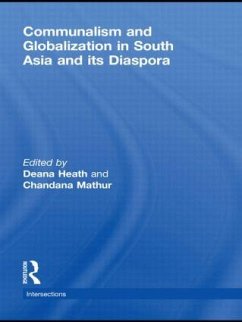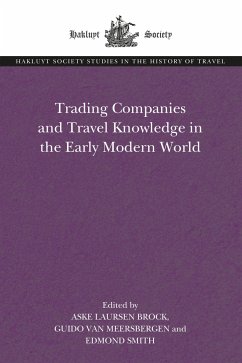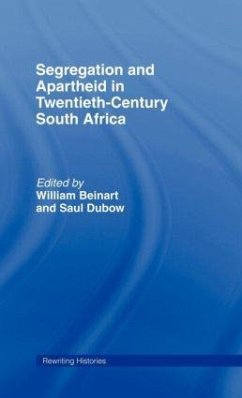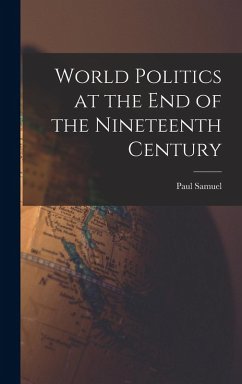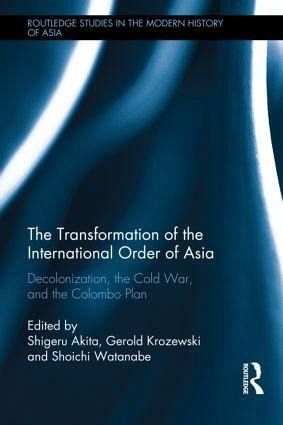
The Transformation of the International Order of Asia
Decolonization, the Cold War, and the Colombo Plan
Herausgeber: Akita, Shigeru; Watanabe, Shoichi; Krozewski, Gerold
Versandkostenfrei!
Versandfertig in über 4 Wochen
184,99 €
inkl. MwSt.

PAYBACK Punkte
92 °P sammeln!
This book examines the interconnections between the transfer of power and state governance in Asia, the emergence of the Cold War in Asia, and the transfer of hegemony from the UK to the US, by focusing specifically on the historical roles of international economic aid and the autonomous response from Asian nation states in the 1950s and the 1960s.



